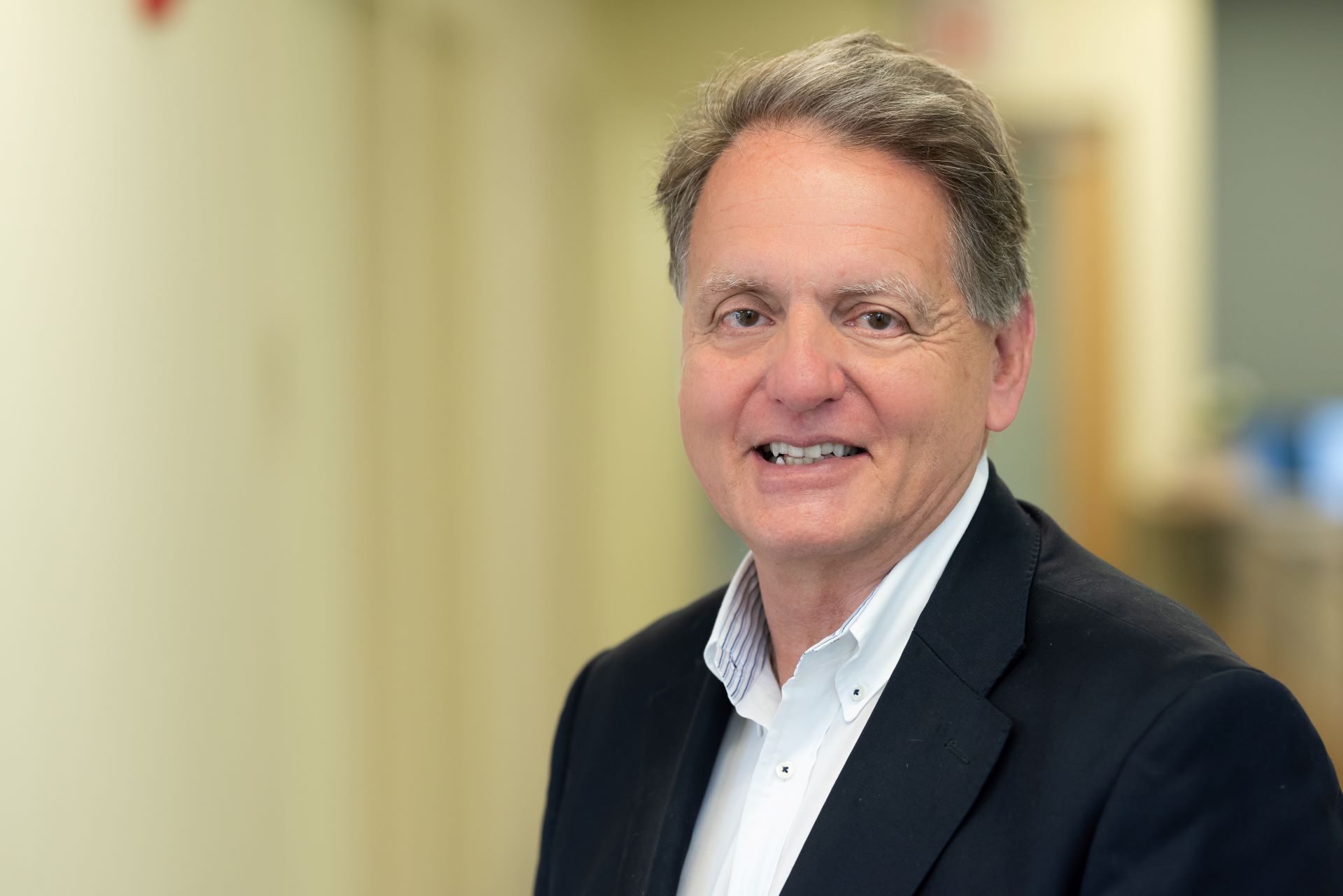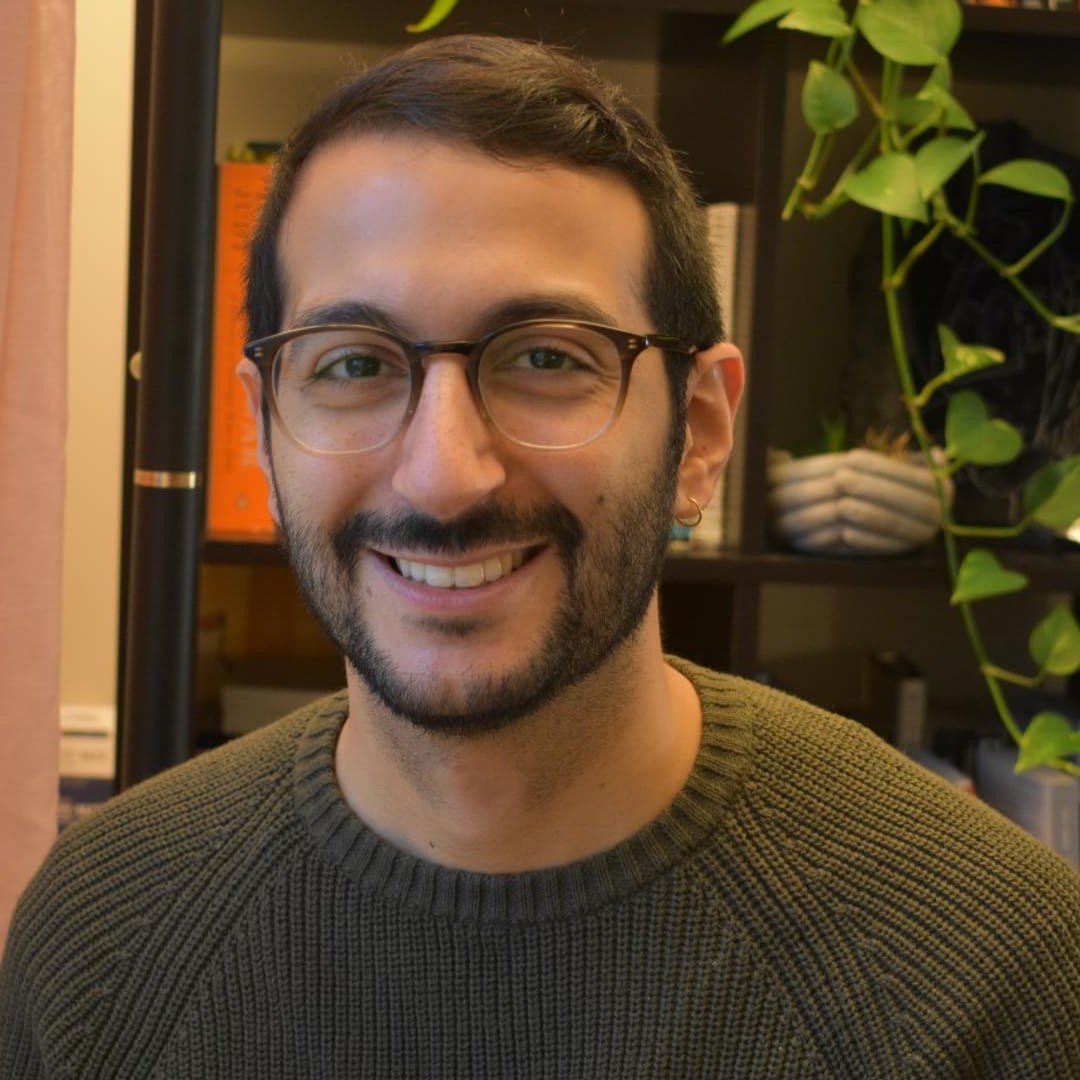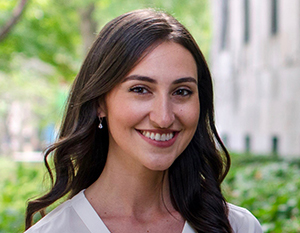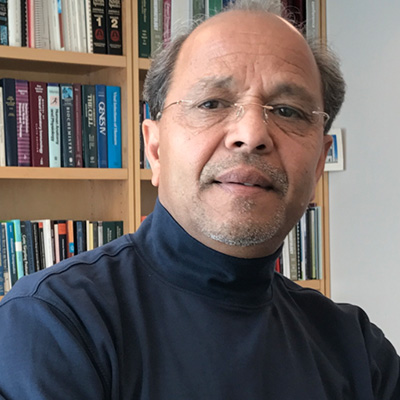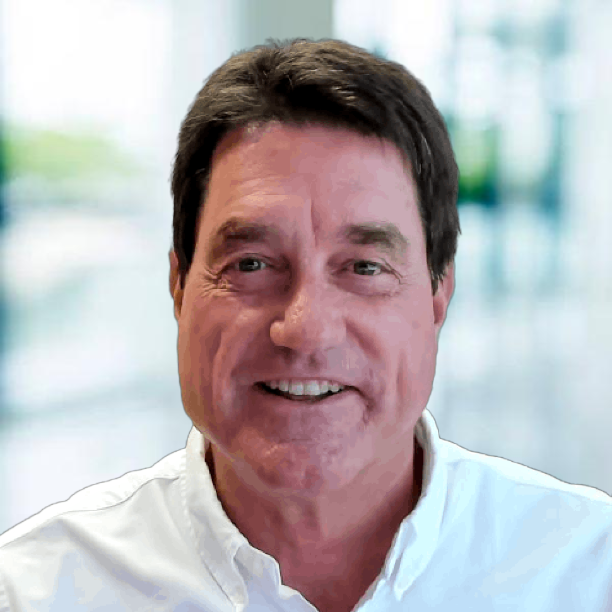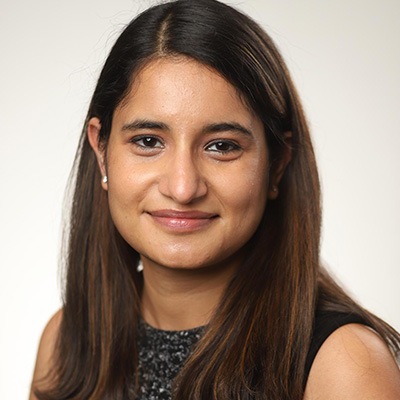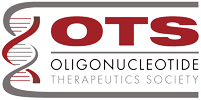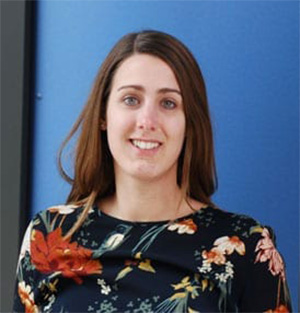
Looking for something?

Annika de Jong, MSc, PhD Candidate
Leiden University Medical Center,
Department of Thrombosis and Hemostasis
How did you become interested in the field of oligonucleotides?
The first internship of my master was performed at the department of Human Genetics at the Leiden University Medical Centre where Prof. AnnemiekeAartsma-Rus was also working on her exon skipping strategies for Duchenne muscular dystrophy. Although I wasn’t involved in her research, I became familiar with the topic during common meetings and that definitely got my attention! Happily, I was able to do one more internship before graduation and decided to contact Prosensa (now Biomarin). At that time Prosensa was running their clinical trials with Drisapersen and I was offered a spot in the department of early drug development. It was there that I really became interested in oligonucleotides.
Who were your early mentors?
I would count my PhD supervisor Prof. Jeroen Eikenboom both as my early and current mentor. He is a medical doctor specialized in thrombotic and hemorrhagic disorders, especially the bleeding disorder von Willebrand disease. Besides being a medical doctor, he is also a renowned fundamental researcher in the field of thrombosis and hemostasis. I was pleased that I could carry out my PhD research under his supervision on RNA-targeted therapies for von Willebrand disease.
How did you become involved in OTS?
During a meeting with AnnemiekeAartsma-Rus at the beginning of my PhD she brought to my attention the OTS meeting of 2015 which was held in Leiden. For me it was the perfect location since I live in Leiden. This meeting added to the enthusiasm I already had about the field. In only one week I had learned an incredible amount of new information. Unfortunately, I had to miss Montreal, but again loved the OTS meeting in Bordeaux.
Why do you continue to support the OTS?
Because I discovered that this field makes me very enthusiastic about science! At the end of the year I finish my PhD, so the exact path of how I will continue is still open. I aim for a postdoc position with opportunities to continue to grow in this field.
What is special about the type of research/work you’ve done?
I am currently working in a department where clinical and fundamental research is combined. We work closely with the medical doctors and are therefore really close to the people you work for, the patients. And although I am not trained as medical doctor, I do have patient contact every now and then. Being close to the patients is for me very important, since you get a better feeling of what they go through.
What do you like to do in your free time?
I love to sport! I have been playing badminton since I was 7 years old and still enjoy it very much. Furthermore, I enjoy cooking and baking. But most of all I love to travel and learn about different cultures. Last year I traveled to Myanmar with two friends. I think seeing how people live in other cultures makes you more open to new things, but also makes you appreciate all the good things you have.


